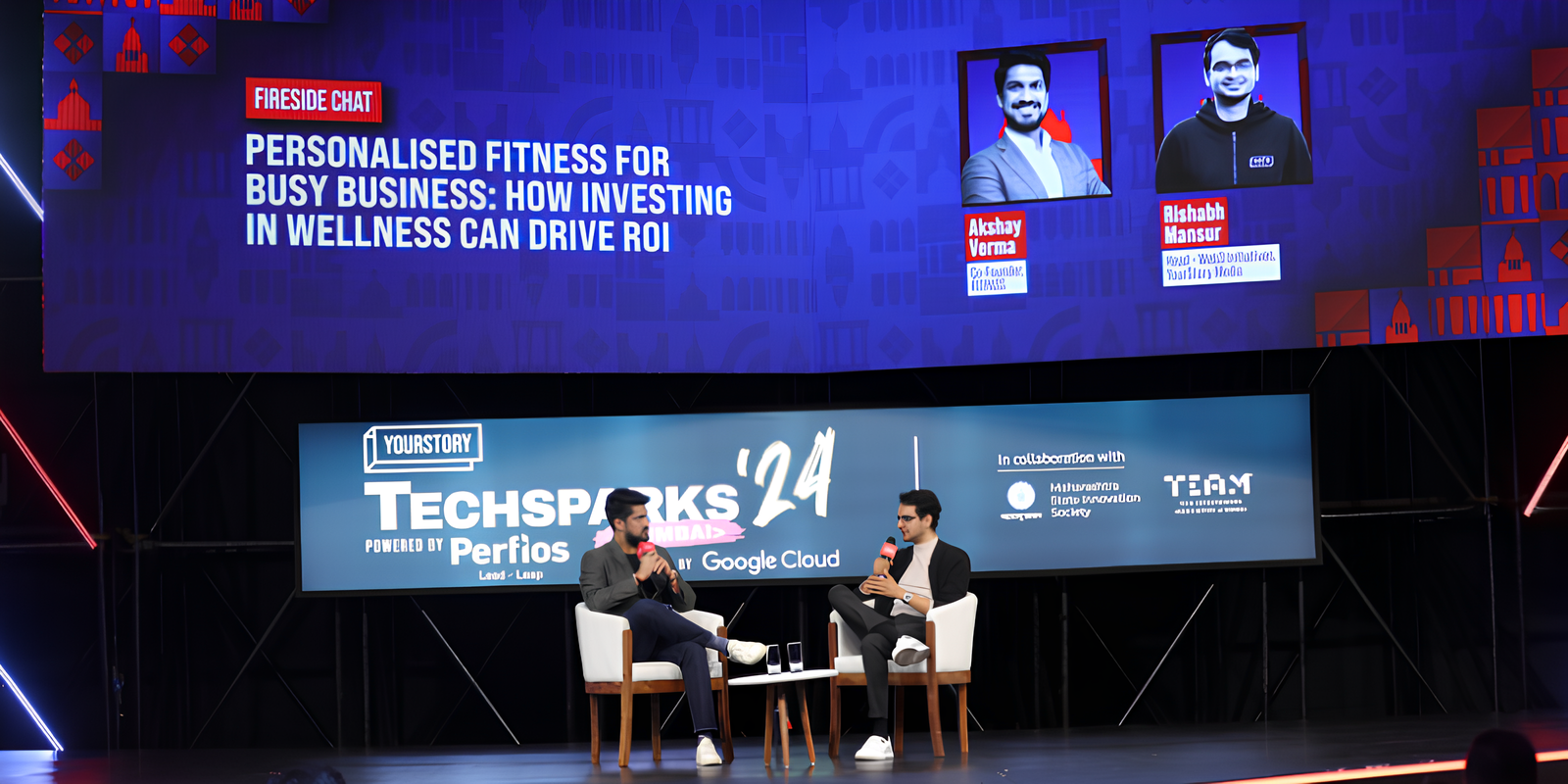Why startups might be a case of ‘child’s play’
This children’s day learn from children how to accelerate your startup!
On the birth anniversary of our first prime minister Pandit Jawaharlal Nehru, the nation observes Children’s Day, a day dedicated to the young spirits destined to take the country forward.
Contrary to the widely held dogma that people need to ‘grow up’ when they enter the world of business, modern day corporate success stories are finding quite the reverse of this phenomenon taking place. This is perhaps even more prominent in the world of startups. Let us examine a few thought starters along this direction.

Daring to dream the impossible
Adidas used to sport the ‘impossible is nothing’ tagline a while back, and perhaps childhood in the human life cycle is most emblematic of this philosophy. Children have wild imaginations, uninhibited by the constraints of bitter experience. The story of many a startups have been ignited by embarking on what once seemed an impossible dream. Apple, started off by trying to make the computer revolution accessible to all, Paytm endeavored to seed a seemingly improbable idea, that India could be a cashless economy one day. Having a dream which seems unachievable at the time, but clearly inspiring enough to strive for, is maybe the fuel which drives the engine of a new company forward.
Being stubborn
Any parent will readily testify that children can be notoriously stubborn when they want to be. While stubbornness is usually seen as an exasperating quality in children, overcoming odds and the will to stick with something, is frequently how children also learn to get things done.
Jeff Bezos’ great maxim, ‘We are stubborn on vision, flexible on details’, probably captures this spirit. Stubborn resolve is an invaluable asset in any startup’s cerebral resource pool. From having a visionary CEO settling for nothing less than ‘better than the best’ on product development, to setting up a culture adhering to extraordinary benchmarks when it comes to customer service; this attitude of stomping the foot, curling the lips and crossing the arms to demand more, can move a company’s story stubbornly forward.
Celebrating an inclusiveness
One of the most inspiring things about children is the ease with which they make friends. Put some children from diverse backgrounds in a room, and very soon they will be happily chatting away. Children are endowed with purity in perspective, which often escapes the adult mind, and willingly embrace new people. Heritage organizations could learn a lot from this quality.
To be fair startups have painted compelling examples of what alternate company cultures can be like. From Google & Facebook, to the plethora of Indian institutions like Infosys, TCS and so on, which ignited the IT revolution in the country; new age companies have benefitted immensely from having diversity in the workforce.
They have tried to leave the age-old cultural paradigms at the proverbial doorstep of the new setup, and competence is the only criteria, irrespective of where one is coming from. The idea becomes more important than its source. Inclusive cultures, however, need not be exclusive only to startups. The world needs more such social systems.
Ever willing to learn new things
Children learn things at a rapid rate. Once something is presented to them in an interesting manner, they are keen to know more about it, touch it, feel it and master it. They are like cerebral sponges trying to soak in the myriad influences of the world. Adults are enslaved by routine, but leave a child on his own and he is likely to explore newer ways to do something.
Even startups get incredibly set in the way they do things. This is where looking at the same processes and issues, with a fresh childlike perspective can add energy to the thinking and results. There needs to be the development of ‘organizational curiosity’, a never ending quest to seek the new and improved. Welcoming the influence of another domain can also refresh the ideation process on the issues at hand. This is the kind of cross referencing which children do almost automatically. But for employees stuck in silos, looking out of the box is just what is needed.
Always being in a playful mood
Left to themselves children will probably play all the time. Play is not just about games. It is a cerebral picnic where the mind toys around with the structures of ideas. Much like a child fiddling around with a box of Lego, deconstructs them and puts the pieces together again in unexpected ways. Increasingly in modern day organizations, ‘play’ is cited as one of the critical mindsets that lead most quickly to innovation. Like children, companies have to learn to sometimes play. This lightness in mindset, especially if lots of fun comes along with it, frequently turns the volume up on collective brilliance. This attitude can be a catalyst for great ideas surfacing in a matter of moments.
To conclude, most business thinking revolves around what lies ahead. But revisiting the past can be a fruitful experience. Taking a nostalgic mental trip down our childhood lane can trigger so much more than happy memories. It can liberate the thought process, result in imaginative flights of fancy, and usher in unfettered whoops of joy on winning in modern day conference rooms.
(Disclaimer: The views and opinions expressed in this article are those of the author and do not necessarily reflect the views of YourStory.)











